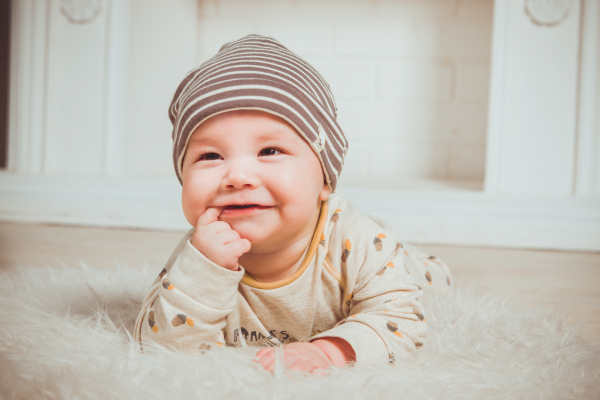The Order of Speech-Language Pathologists and Audiologists of Quebec (OOAQ) and the Quebec Association for Children with Hearing Problems (AQEPA) deplore the fact that only half of babies in Quebec have access to the Quebec Newborn Hearing Screening Program. -nés (PQDSN), one year to the day after the adoption of a unanimous motion by the National Assembly urging the government to complete its deployment by the end of 2021.
MONTREAL, May 11, 2022 /CNW Telbec/ – Announced in a big way in 2009 and welcomed by both the healthcare community and families, the deployment of the PQDSN has still not been completed. Nearly 13 years later, this delay is inexcusable, because it harms and seriously mortgages the development and future of children with undiagnosed deafness at birth.
Quebec far behind
While in British Columbia, 97% of babies are screened at birth and in Ontario this percentage is over 94%, Quebec ranks far behind. According to the most recent data from the Department of Health and Social Services, only 53% of babies in Quebec are screened at birth, or 42,284 out of 80,145 births. “This assessment is embarrassing and unacceptable, especially since it is a program that focuses precisely on prevention and early detection to help alleviate the problems. Over the years, thousands of children and their families have been deprived of the benefits of this program”, first reacted Paul-André Gallant, president of the OOAQ.
Regional inequities and impact on development
Even today, many regions are not served. Expectant mothers residing in the Outaouais prefer to travel to Ontario to give birth to their child because they know that the child will be screened there. Other parents have to fight and wait several months to obtain a diagnosis or else decide to go private. This is without counting the fact that even after 13 years, some parents still discover their child’s deafness at the age of 2 years and sometimes much later, because he presents certain language delays for lack of early detection.
“However, the child’s contact with his sound environment is essential. It allows him to acquire speech and language, but also to develop his social skills and ensure his full cognitive and socioaffective development. The child who presents a deafness, whether mild or severe, is thus deprived of an important source of learning which goes beyond the aspects of oral communication, and which can have significant consequences on his school career. , his social life, his personal fulfillment, his future,” said Claire Moussel, Executive Director of AQEPA.
Deafness, a far from marginal phenomenon
Hearing loss is the second most common disorder along with visual impairment in children under 5 years old. Each year, 4 to 6 out of 1000 babies are born with hearing loss. It should also be noted that more than 90% of children born with deafness are born to hearing parents, who therefore have no suspicion of this possibility.
Walk the talk
Over the years, the delays have accumulated and the explanations to try to explain the slowness and the failures of the deployment of this program have multiplied. However, screening for hearing loss in newborns is quite simple to perform and requires little time. Delays cannot be attributed solely to COVID-19 or labor shortages, statistics from other Canadian provinces illustrate this very well.
“Given the poor results obtained after all these years, we must conclude that despite the commitments and promises repeated by all the governments since 2009, no one has really taken the lead in this file. Even a motion, however adopted unanimously by the National Assembly a year ago, will have had very little weight to reverse this heavy trend of inertia, already present long before the pandemic. It is urgent to move from words to deeds and each party represented in the National Assembly must make a formal commitment to complete the deployment of this program as soon as possible. The future of our children depends on it”, concluded the president of the OOAQ.
ABOUT THE OOAQ
The OOAQ contributes to improving the quality of life of the Quebec population by getting involved in various public issues related to health and education. With more than 480 audiologists and 3,000 speech therapists, the Order’s mission is to ensure the protection of the public with regard to the field of practice of its members, namely hearing, the vestibular system, language, voice, speech, communication and their disorders. In particular, it is responsible for controlling access to the professions of speech therapist and audiologist, supporting the maintenance and development of the competence of its members and monitoring their professional practice.
About AQEPA
The Quebec Association for children with hearing problems is a network of regional associations of families, young adults living with deafness and allies, supported by a provincial association whose mission is to foster and promote the social inclusion of young people living with deafness by developing their full potential.
Health Index publication: 2022-05-11 – Number of visits since publication: 76
To read on Health Index:
–


